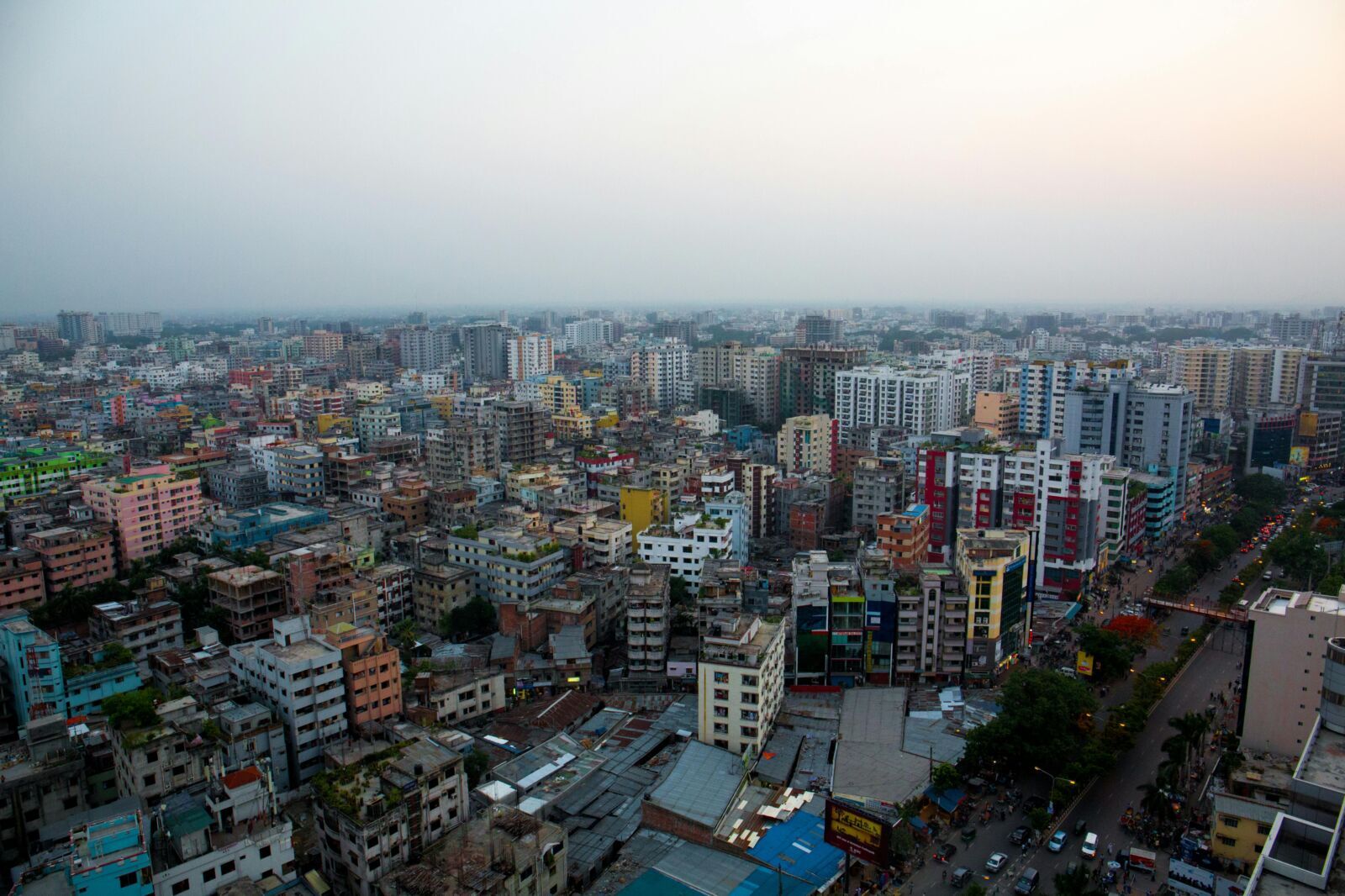


FSD Africa mobilised $1.7 billion (2021–2025) to deepen local capital markets, create jobs, and finance climate resilience across Africa.

IFRS finds 82% of 3,814 public companies disclosed at least one TCFD item in 2023; only 2–3% reported all 11 recommendations.

Frontier markets host 1.8 billion people but only 5% of global GDP; demographic growth risks unfulfilled potential amid investment, debt, and financial-integration challenges.

Regulators issued 192 warnings over misleading sustainability claims as the climate sector—projected to mobilise $15 trillion—faces rising enforcement that will shape capital allocation.

Analysis finds Asia's development reduced flood and storm mortality by about 40%, while flood deaths rise in Africa and heatwave mortality increases in Europe.

Dr Kola Adesina urges decisive, structured leadership—decide, institutionalise discipline and track performance—to convert decisions into sustained organisational and personal impact.

Dr Kola Adesina urges African institutions to pair board-level accountability with phased ESG implementation to secure investor confidence and sustainable capital access.

IRENA warns power systems face cascading failures from extreme weather, urging infrastructure upgrades, regulatory reform and financing to secure electrification and economic stability.

Summary and evidence-based insights into corporate, government, and organisational sustainability disclosures across Africa, highlighting achievements, uncovering gaps, and spotlight opportunities for progress.